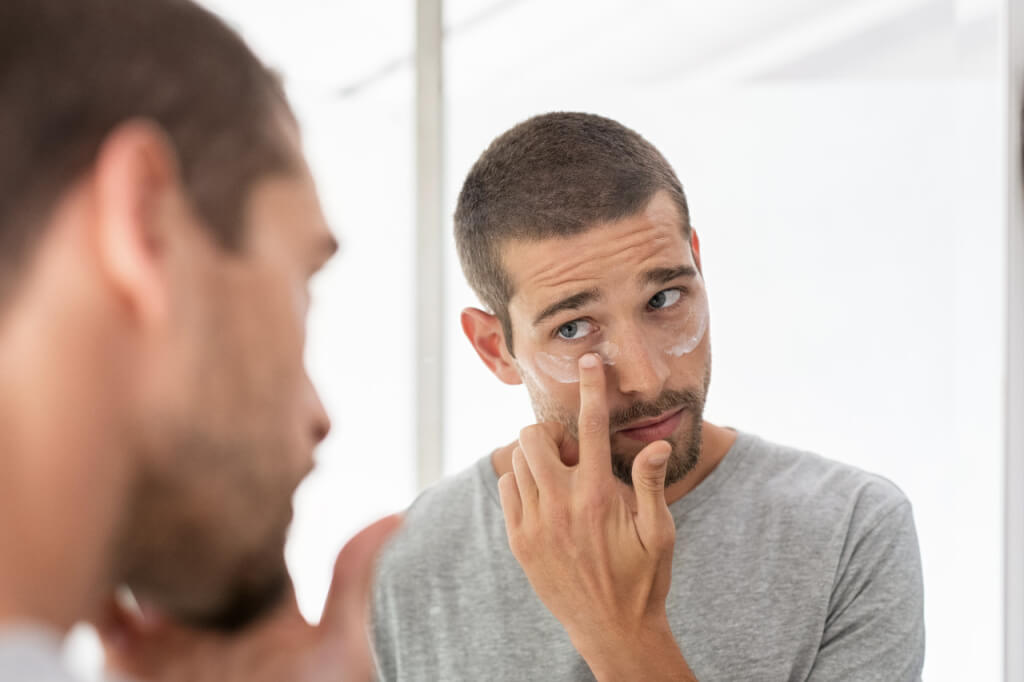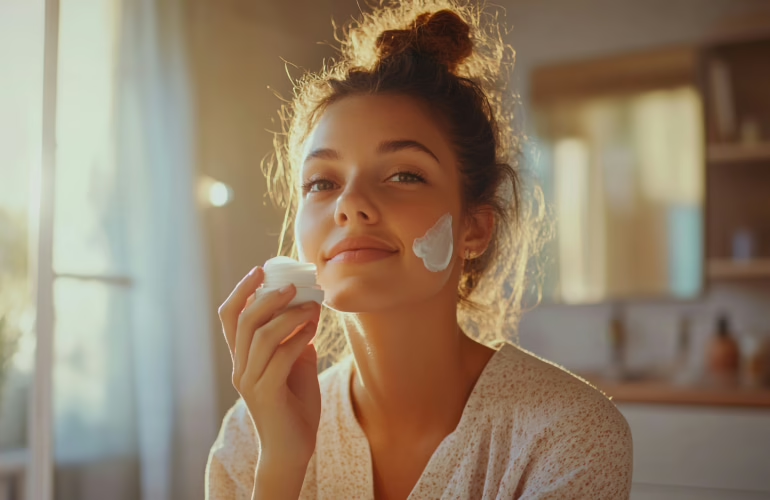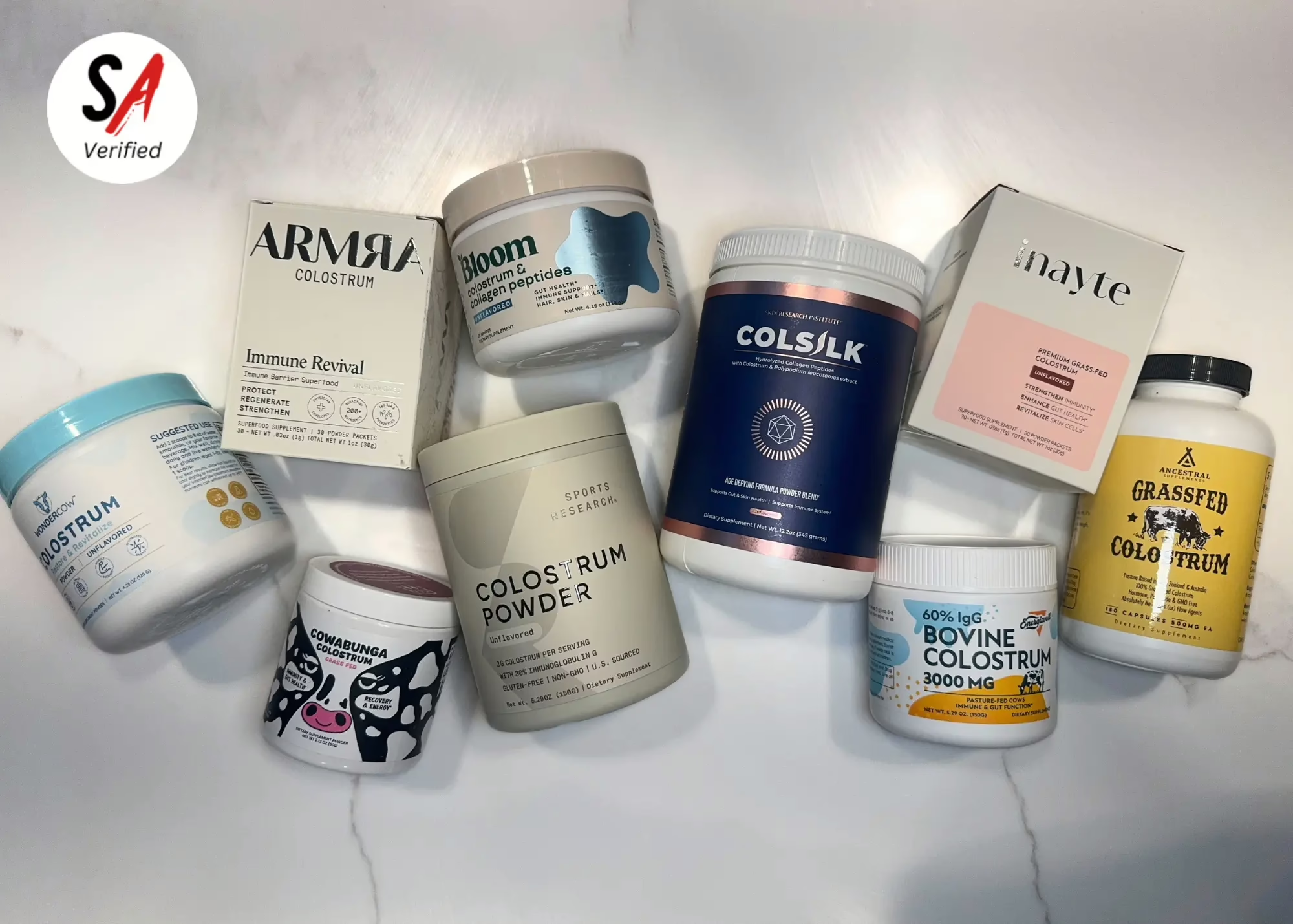Advertising Disclosure
Treat your acne naturally with these DIY tricks

Many people suffer from acne, and many of them have tried at-home remedies to treat it. There’s a never-ending list of suggestions of there, from the sensible to the outlandish. Some of them work, and some are bogus. Searching for something to treat your acne can be a desperate process, and wasting time with pointless remedies helps no one. You also need to be wary of toxic or harsh and potentially damaging treatments. For a do-it-yourself, natural acne treatment, any or all of the following may do the trick.
NATURAL ACNE TREATMENT – TEA TREE OIL
Tea tree oil can be used for spot treatments. This oil kills bacteria and reduces skin inflammation. Tea tree oil fights P. acnes and S. epidermidis, which are two types of bacteria that cause pimples.
It’s important to note that tea tree oil should always be diluted with a carrier oil and not applied directly to the skin. This is because undiluted tea tree oil is potent enough to irritate skin. But, when used correctly, tea tree oil is said to not give the side effects commonly associated with acne treatments, including dryness and burning.
Though there is only a limited amount of research done on the use of tea tree oil, the research shows that tea tree oil can be useful in fighting acne, according to the National Center for Complementary and Integrative Health.
NATURAL ACNE TREATMENT – ALOE VERA
Aloe vera can be used as a moisturizer to fight acne, as it is a natural antibacterial and anti-inflammatory. Beyond fighting acne, aloe vera can also reduce scarring.
This plant gel is a great moisturizer option, especially for those with dry skin, because it contains plenty of water. There are over-the-counter gels you can purchase that contain aloe vera, or you can use pure aloe directly from the plant. When applying the gel, clean acne spots before spreading a thin layer of aloe vera over the face.
NATURAL ACNE TREATMENT – DIETARY CHANGES
Like many other things, your diet has a major impact on the state of your skin. A long term DIY acne treatment is changing your diet.
Nutritionist Maria Bella suggests drinking detoxing green tea on a regular basis for better skin in addition to the 2 or 3 liters of water you should be drinking. To clear your skin, you also should eat foods rich in vitamins A, E and D, and omega-3 fatty acids. What to avoid? Bella recommends steering clear from sugary foods and dairy products.
Foods to consume for clearer skin:
— Fish.
— Soy products.
— Spinach and kale.
— Grass-fed beef.
— Nuts, like walnuts and almonds.
— Pasteurized eggs.
NATURAL ACNE TREATMENT – GREEN TEA
This next at home remedy involves using green tea in a totally different way. Green tea has anti-inflammatory and antioxidant compounds, like flavonoids and tannins, that help fight acne and contain skin benefits.
Instead of drinking green tea, reap its benefits by applying it to your skin. Use green tea, cooled down of course, as face wash, apply it to the skin with cotton pads or place the tea bags directly over your acne prone areas. This is safe to keep on the skin overnight. Dermatologist Jeanette Jackson explains that while this green tea hack won’t miraculously clear acne over night, it can definitely help.
“This will be helpful in soothing irritated skin and reducing the inflammation of acne lesions,” she said. “But don’t expect it to completely clear your complexion.”
NATURAL ACNE TREATMENT – LIFESTYLE CHANGES
Like changing your diet, there are other lifestyle changes that can naturally help your acne. Some lifestyle changes that make a big difference are never touching your acne, staying hydrated and reducing stress.
Touching and picking at a pimple is a common bad habit, but this causes more acne to spread. Touching your face will introduce more bacteria to the skin, and instead of popping your pimple so that it goes away, you will only make the situation worse. This is a simple tip to stick to to prevent avoidable spots.
Staying hydrated and drinking plenty of water is a major key in skin health. When your skin is dry, it is more likely to suffer damage and irritation, which results in acne. Staying hydrated helps acne sores heal and lowers the risk of break outs.
Not only is reducing stress great for your overall being, it can also help the skin. The American Academy of Dermatology Association claims there is a relationship between stress and acne flareups. This is because stress causes the body to produce a hormone called androgen. Androgen “stimulate[s] the oil glands and hair follicles of the skin” leading to acne.
Natural acne remedies are becoming much more common with new tricks spreading like wildfire. Not every tip will work for everyone, as everyone’s skin health is different. See a doctor if your acne is chronic, painful or infected before trying any at home remedies.





